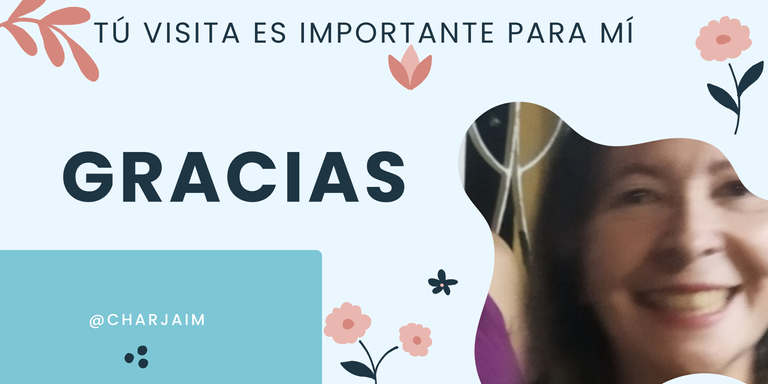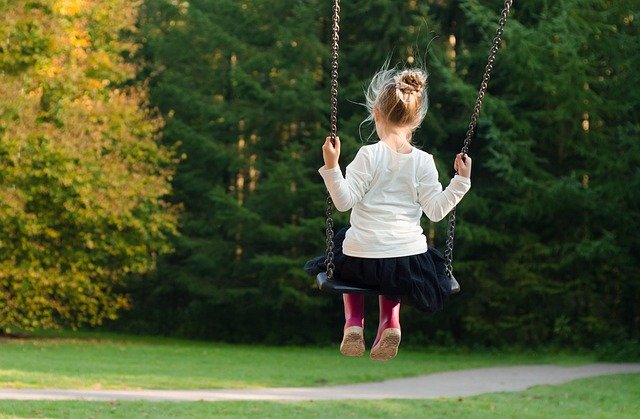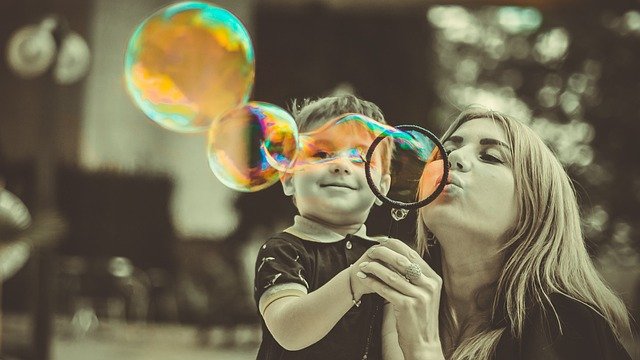En general, cuando las personas escuchan que unos niños en la escuela, cada día, por 35 minutos, reciben clases de una asignatura que se llama felicidad, se sorprenden, unos positivamente, otros por el contrario, piensan que los niños van a perder tiempo o dejar de recibir aprendizajes sobre asignaturas, que consideran más importantes, como las matemáticas, por ejemplo.
Recientemente vi unos vídeos del periodista y conferencista argentino Andrés Oppenheimer, en los cuales nos muestra que en la India, el gobierno de Nueva Delhi incorporó clases de felicidad en el pensum de estudio de los niños, desde la educación inicial hasta los catorce años.
Las clases incluyen el conocimiento del mindfulness como técnica de meditación, así como historias reales de cómo personas famosas enfrentaron el fracaso. Lo más importante, desde mi punto de vista, es que cada niño tiene la oportunidad de participar en el análisis de las historias que son contadas en el aula y de la cual se obtienen aprendizajes importantes para el desempeño en la vida, incluyendo la autoestima.
Ya existe consenso en que si se reducen los niveles de estrés mejora el bienestar y se tienen las condiciones óptimas para que el aprendizaje de otras áreas se dé.
Recientemente, en uno de sus post, mi hija @lilianajimenez reconocía que sus hijos estaban aprendiendo ahora, lo que ella había comenzado a entender en la adultez, eso me pareció importante.
Nuestro sistema educativo, bastante cuestionado por diferentes razones, no incluye en su pensum este tipo de actividades. Recuerdo que en el liceo nos resultaba agradable cuando algún profesor se salía del contenido programático para darnos charlas, a veces muy emotivas, para incentivarnos o motivarnos. Existía una asignatura de orientación que pocas veces se dedicaba a ello, la utilizaban más para revisar nuestras calificaciones, o alguna actividad de orientación vocacional.
Mis maestras de escuela recurrían con facilidad al maltrato físico y puedo contar con los dedos las que encontré con vocación, en la formación de mis hijos. En la actualidad, con la precaria situación que vive el docente en Venezuela, resulta difícil imaginar que la felicidad surja como una propuesta, por ahora, dentro de los planes de estudio oficiales.
Los niños y jóvenes tienden a captar más rápido: la trampa, la manera de conseguir calificaciones con el mínimo esfuerzo, cómo pagar o cobrar por la realización de tareas y demás triquiñuelas que se dan paralelo a los aprendizajes significativos. Muchas decepciones, y traumas se quedan en el estudiante que le toca acarrear con ellas durante el transcurso de su vida.
La idea de incorporar la felicidad, como parte de la formación del estudiante, me parece excelente, y mi invitación es que cada padre, intente desde su hogar fomentarla como una búsqueda, que garantizaría mejor desempeño del los niños, no solo en la escuela, sino también en el núcleo familiar.
Aprender a tener atención plena de todo lo que nuestros sentidos les corresponde hacer, estar más conscientes del momento, tener empatía, desarrollar herramientas para interactuar con el ambiente.
Las oportunidades para gestionar las propias emociones transcurren a lo largo de los días en diferentes ocasiones, más que un aprendizaje específico de una determinada asignatura. Tener a temprana edad, las estrategias para enfrentar la tristeza, la frustración, y cualquier otra emoción que cause malestar es un aval para la formación del ser con autoestima y amor propio.
Gracias por tu amable lectura.
Mi contenido es original.
He usado el traductor Google.
Imágenes de Pixabay con su respectiva fuente.

English Version
! [GIRL-996635_640.JPG] (
[] (https://pixabay.com/es/photos/ni%C3%B1a-columpio-balanceo-ot%C3%B1o-verde-996635/)
In general, when people listen that some children at school, every day, for 35 minutes, receive classes from a subject called happiness, some positively are surprised, others on the contrary, think that children will waste time or stop receiving learning about subjects, which they consider more important, such as mathematics, for example.
Recently I saw some videos of the Argentine journalist and speaker Andrés Oppenheimer, in which he shows us that in India, the New Delhi government incorporated happiness classes in the children's study pensum, from initial education to fourteen years.
Classes include the knowledge of mindfulness as a meditation technique, as well as real stories of how famous people faced failure. The most important thing, from my point of view, is that each child has the opportunity to participate in the analysis of the stories that are told in the classroom and from which important learning is obtained for life performance, including self -esteem.
There is already consensus that if stress levels are reduced, well -being improves and there are optimal conditions for learning other areas.
Recently, in one of her post, my daughter @lilianajimenez acknowledged that her children were learning now, what she had begun to understand in adulthood, that seemed important to me.
Our educational system, quite questioned for different reasons, does not include in your pensum these types of activities. I remember that in the high school it was pleasant when a teacher left the programmatic content to give us talks, sometimes very emotional, to encourage or motivate us. There was an orientation subject that was rarely dedicated to it, used it more to review our qualifications, or some vocational guidance activity.
My school teachers easily resorted to physical abuse and I can count on the fingers that I found with a vocation, in the formation of my children. At present, with the precarious situation that the teacher lives in Venezuela, it is difficult to imagine that happiness arises as a proposal, for now, within the official curricula.
Children and young people tend to capture faster: the trap, the way to get grades with the minimum effort, how to pay or charge for the realization of tasks and other triquiñuelas that are given parallel to significant learning. Many disappointments, and traumas stay in the student who has to carry with them during the course of his life.
! [Mother-2935723_640.jpg] ( )
)
[] (https://pixabay.com/es/photos/madre-th
The idea of incorporating happiness, as part of the student's training, seems excellent, and my invitation is that each father, try from home to foster it as a search, that would guarantee better performance of children, not only at school, but also in the family nucleus.
Learn to have full attention of everything our senses correspond to them, be more aware of the moment, have empathy, develop tools to interact with the environment.
The opportunities to manage the emotions own throughout the days on different occasions, rather than a specific learning of a certain subject. Being an early age, the strategies to face sadness, frustration, and any other emotion that causes discomfort is an endorsement for the formation of being with self -esteem and self -esteem.
Thank you for your kind reading.
My content is original.
I have used the Google translator.
Pixabay images with their respective source.


